How much do you know about the unique Tibetan marriage customs?
China has been a state of ceremonies since ancient times, and it has very complicated procedures and etiquette for weddings, funerals and ceremonies. As the society modernizes, the old feudal customs have be abandoned in many places. But in some regions, there are still old traditions. What are the customs for wedding in Tibet?
The wedding ceremony of the Tibetan ethnic group is of unique features. In the very early morning on the wedding day, the groom’s uncle and other relatives and friends go to the bride’s home to pick her up. The bride is accompanied by one of her relatives. The neighbors of the groom put buckets of clear water on the way to the groom’s house. The groom’s family place a number of tea bags beside the last bucket, where the bride stops for enjoying some tea.
The bride’s relative put a Khada on each bucket, showing their gratitude to the village neighbors. Before the bride enters the house, the relatives and friends of the groom spread some wine with the cypress branches and sometimes sprinkle the wheat in an attempt to dispel the devils. After entering the house, the parents of the groom give the bride a bowl of milk, wishing the newly-married a long and happy marriage. The officiator throw a Khada to the pillar and ask for good luck. Then the officiator reads the eulogy to bless the couple. After that, everyone at the wedding begin to dance and have a lot of fun. On the bed of the newly-married, a white felt is placed, and on top of the felt are some auspicious patterns painted by green barley and wheat. After one or three days, the bride returns to her family. And after some time, she comes back to groom’s home and officially begins the life as a wife.
In the past, Tibetan people could only marry to people of the same class. If people from aristocratic family had a relationship with a common folk, then they would be expelled and even executed. And the offspring of the same ancestor were absolutely forbidden to marry.
There were two types of marriage for Tibetans: arranged marriages and free marriages.
Arranged marriages
The serf owner families looked for marriages between families of equal social rank, and the marriage of the children was arranged by the parents. The family would ask a go-between to select a perfect wife or husband for their son or daughter. To settle a marriage, there were essential steps: engagement; wedding; banquet for the guests. Among the serfs, especially in some affluent families, the marriages of their children were also arranged by the parents. But there were no rigorous rules.
Free marriages
For the poor and peasants, they had freedom of choosing the significant other, but they also needed to ask for their parents’ consent and to find a go-between handle the marriage stuff.



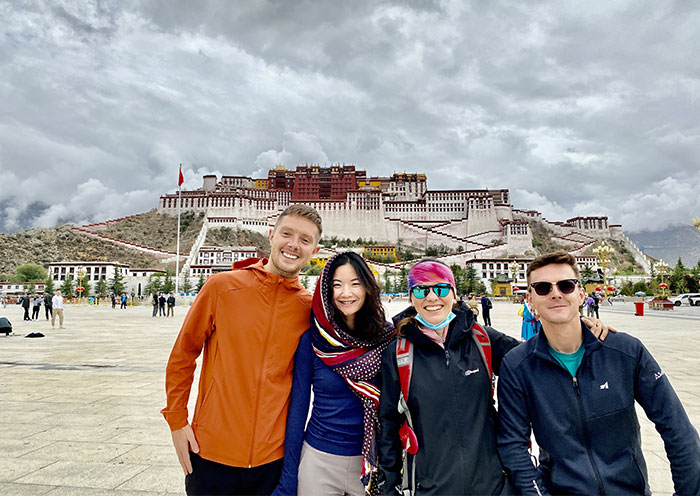
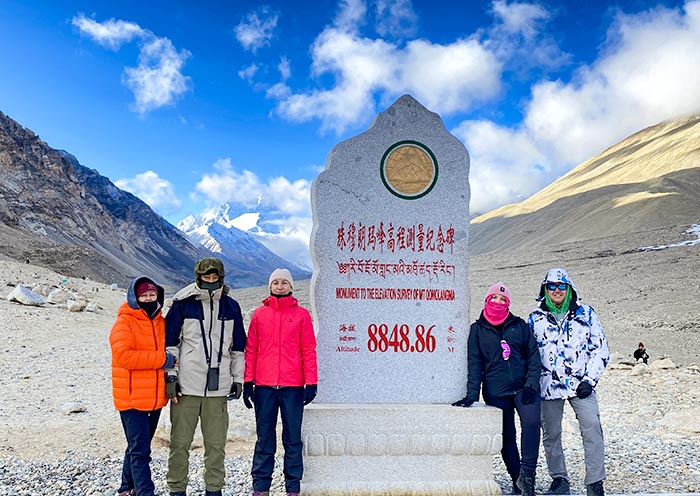

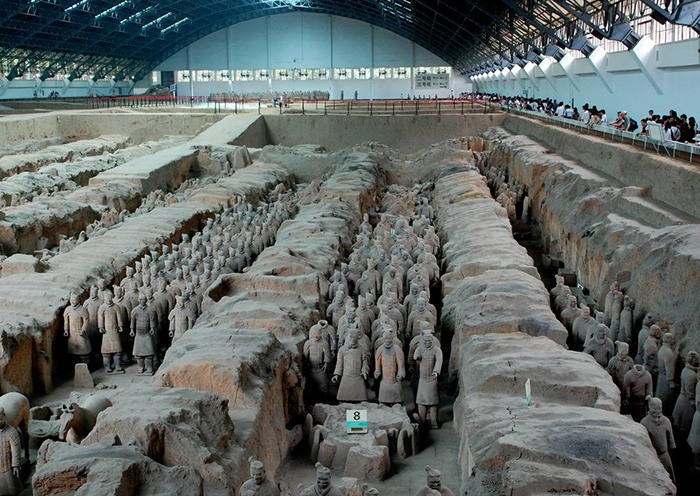







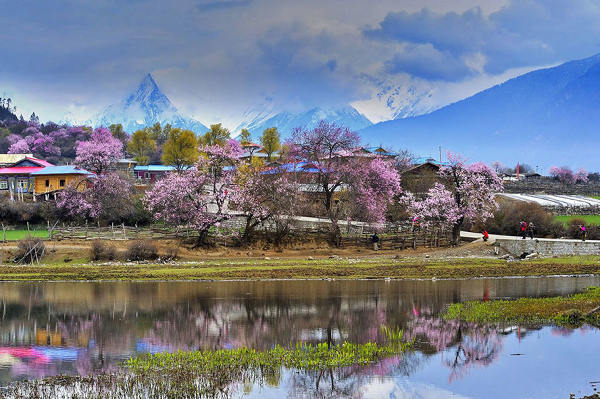


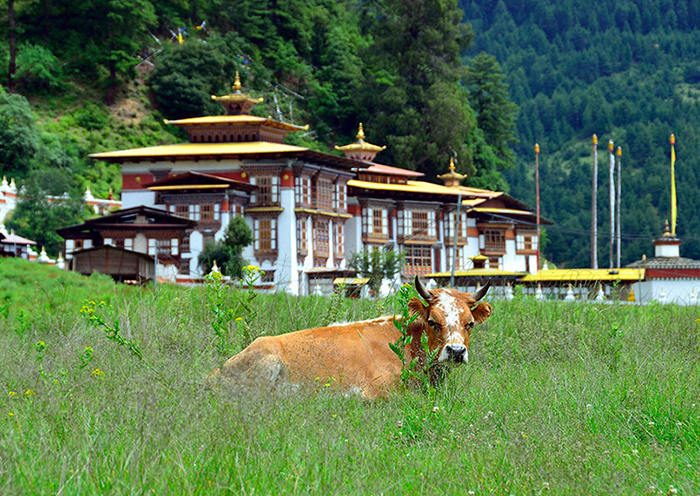
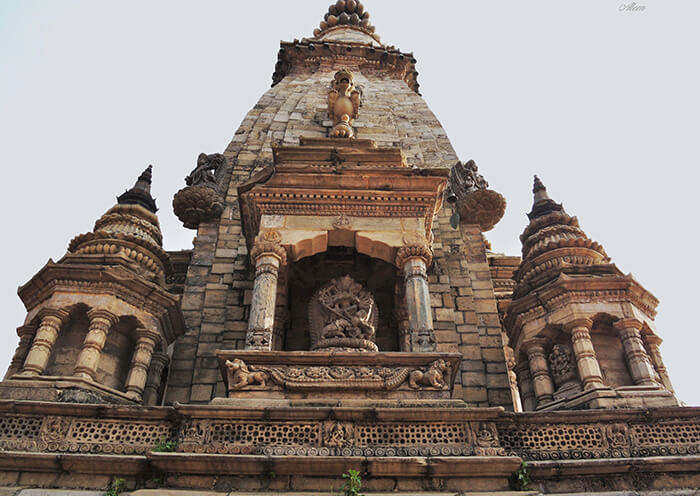


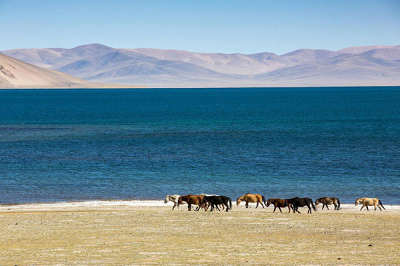
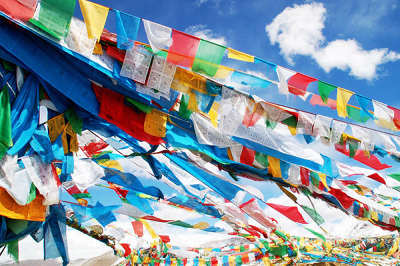

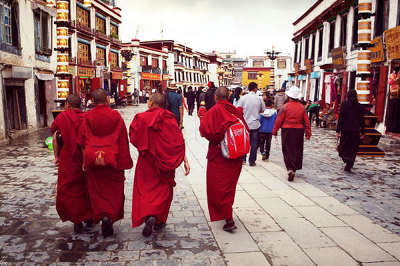

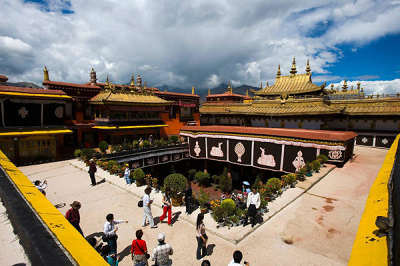
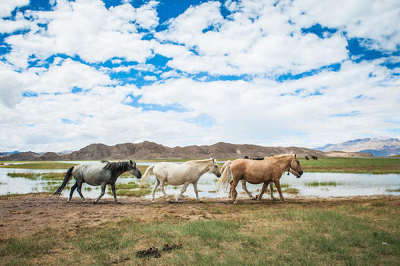
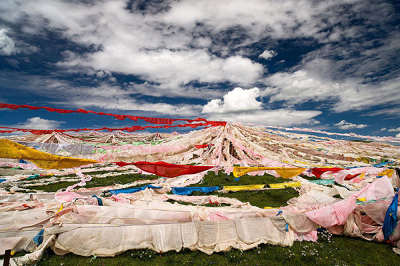









 Data in submission...
Data in submission...